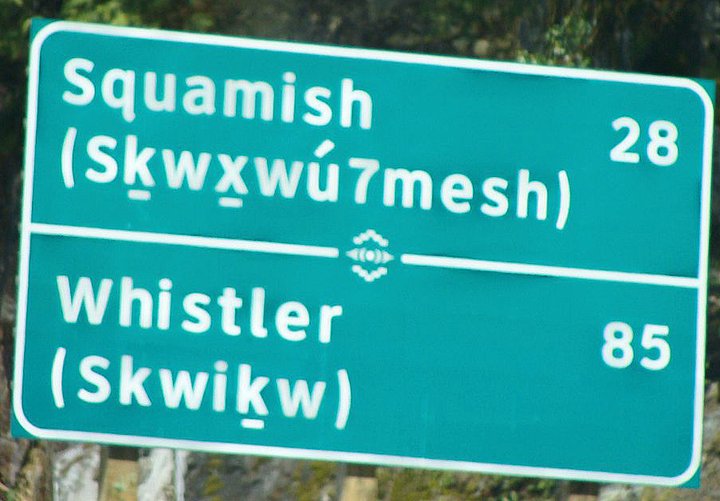I suppose I first became aware of the existence of glottal stops while standing naked on top of a tor, or hill, deep in the Exmoor National Park of southwest England. (Sorry about the excess of nakedness here, and here. No pics this time, you’ll be glad to know.)
Some years ago, Louisa and I had been visiting an old “uni” pal who lives practically in the middle of this desolate heather-and-bog Lorna Doone landscape. After fond farewells (“Lets not wait 30 years next time!”), we hiked “o’er vales and hills,” as Wordsworth had it, finishing atop a local tor. We thought we were alone until a couple of guys suddenly appeared — they just clambered up the steep limestone scarp behind us and were panting from the exertion.
“Excuse me,” asked Louisa of one of the climbers.” “Would you mind taking our photo? Nude?” “Me or you, luv?” Chortles all round. It was no problem as far as he was concerned. We stripped off and posed becomingly for a photo, to be added to our “L&B Nude on Top of …” album. As we were putting our clothes back on, his mate, who’d been watching this little drama, addressed Louisa in pure Michael Caine cockney: “By gor, girl, you’ve got bottle!” (“Bottle” being Brit-speak for “courage.”)
The thing is, though, that he didn’t say “bottle,” pronouncing the ‘t’s: batəl in IPA, International Phonetic Alphabet. He said “bo-el” (baʔtəl), where the IPA symbol ʔ is a “glottal stop.” It’s the sound you make between the ‘uh’ and the ‘oh’ when you say, “Uh-oh, I blew that.” It happens in your throat, your glottis. Nothing else gets involved — not your vocal cords, not your lips or tongue, not your nose — it’s just a momentary closure of your vocal tract as you exhale.

British Columbia road sign, where ‘7’ is used in Latinized Squamish Indian language to represent the glottal stop. In other parts of Canada, including the Northwest Territories, the standard IPA symbol ʔ is used when writing indigenous languages. (Natalie Moxam, public domain)
Unfortunately there’s no symbol in English for a glottal stop, despite the fact that we use it all the time, usually at the end of words ending “t-vowel-n.” Try saying “forgotten” or “button” or “continent.” Chances are, you don’t pronounce the ‘tte’ of forgotten, the ‘tto’ of button or the ‘ti’ of continent. You replace them with a glottal stop. If there were a letter of the alphabet for the sound, it would probably be ‘ʔ’ — that’s the IPA symbol. So we’d have forgoʔn, buʔn and conʔinent. And our fiftieth state would be written as Hawaiʔi (you sometimes see it as Polynesian Hawaiʻi, with a reversed apostrophe standing in for the ʔ).
And if we did have such a symbol in English, we’d be joining the orthography of much of the rest of the world, since many languages, such as Arabic, both regularly use the stop and have a unique symbol for it in their script.
Meanwhile, the glottal stop has been getting a bad rap back in Blighty. Somehow, this perfectly respectable consonant has gained the reputation for being only used by the hoi polloi — the lower classes, who are fine when they keep to their station as shopkeepers and laborers, but good lord man, you wouldn’t want your daughter marrying one of them. When Princess Di was criticized by the grammar police for using a glottal stop (“bad breeding dontcha you know”), she responded with, “There’s a loʔ of iʔ abouʔ”
The class discrimination against glottal stops is, not to put too fine a point on it, a load of old codswallops. I’ll defend my right to use my glɑʔəl stɑps anytime, anywhere. Clothéd or not.
CLICK TO MANAGE